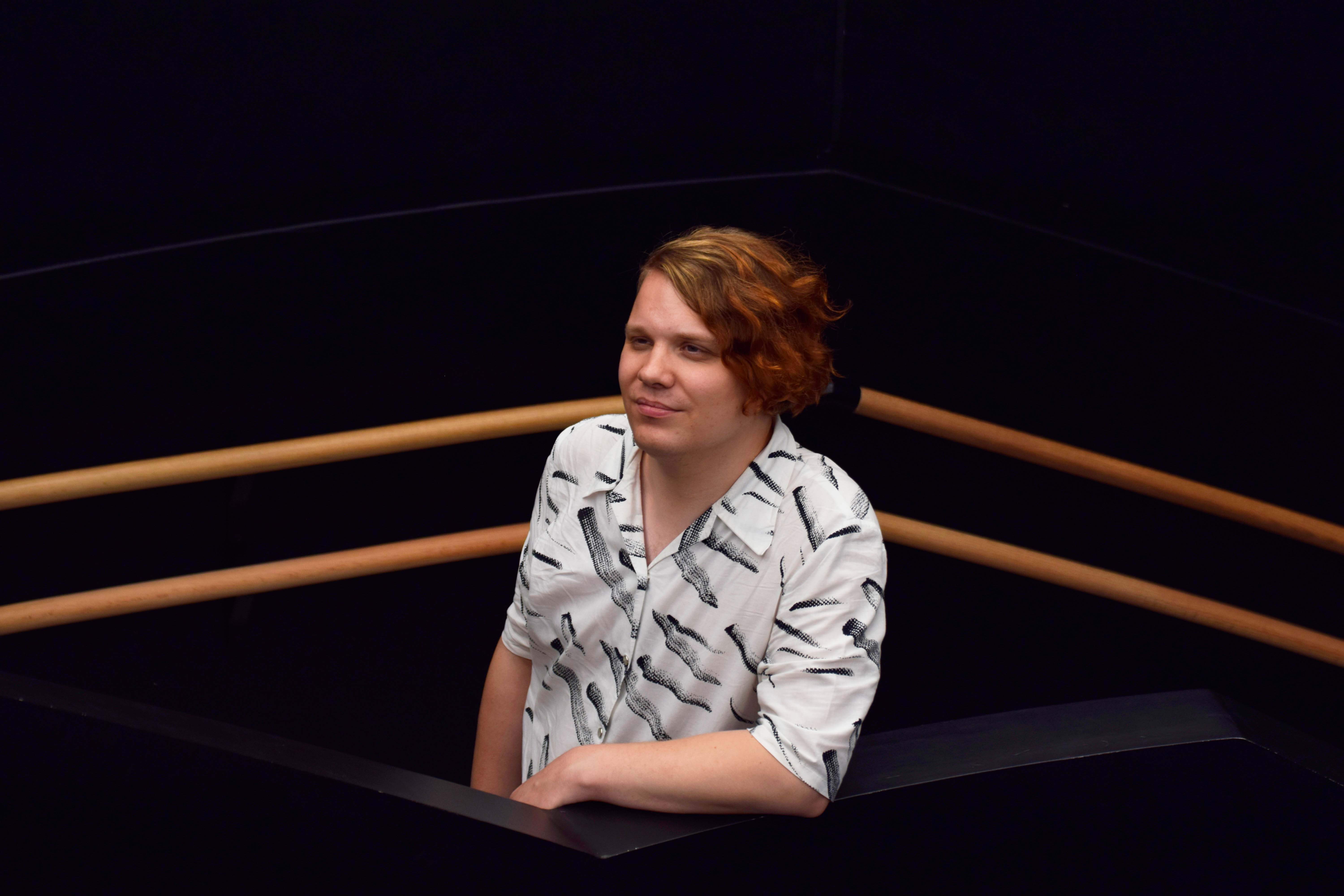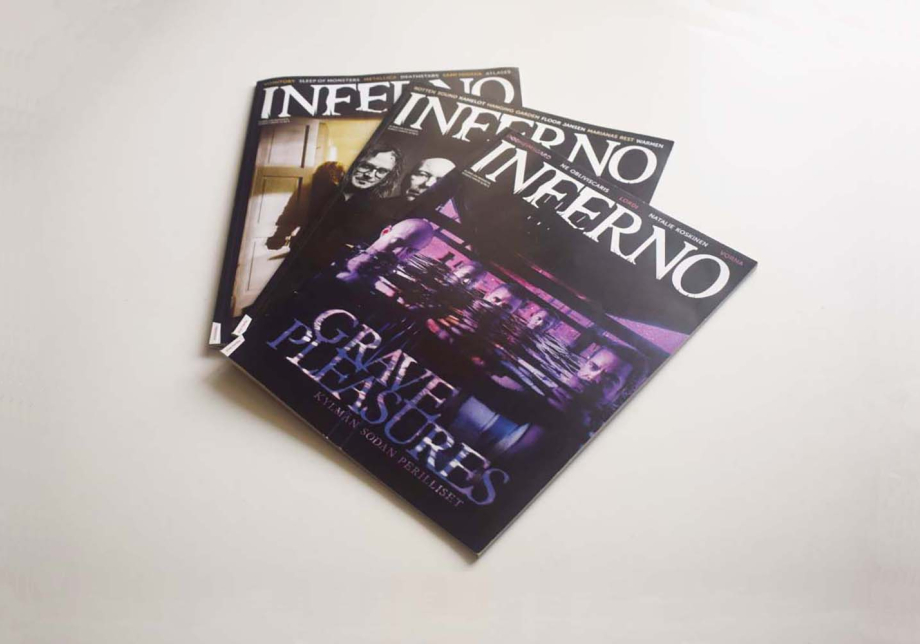Tuomas Taskinen expresses his feelings of loneliness through his poetry

– Poetry is very receptive to different forms of expression and experience. Through poetry, you can immerse yourself in a certain form and examine what kinds of feelings and reactions it can bring out. This kind of search for new ways of expression is important to me.
This is how Tuomas Taskinen describes why he wants to express himself through poetry. He is also fascinated by the way in which social issues can be addressed through poetry.
– Poetry can offer alternatives and utopias in our present global situation in which we have to deal with really troubling issues, such as the environmental crisis and the rise of neoconservatism. Through poetry, one can deal with the uncertainty of the future and outline a more sustainable future.
In his own poems, Taskinen considers language more important than the subject. This does not mean he considers the theme unimportant, even though he approaches the craft of poetry more through language.
– Poetry is impressive in how it can portray reality in a concise form. Poetry can instil topics into the bodily experience and make big issues like the environmental crisis recognisable in one’s own body.
The complaint of social isolation
Taskinen was awarded a library grant for a work of fiction in 2021, and it represented the longest and largest single grant of his career to date. Supported by the grant, Taskinen was able to complete his second book of poetry, “Ohipuhuttu valitus” (Overlooked Complaint).
The background of the book is in a poem composed in the form of a double sestina by the 19th-century English poet Algernon Charles Swinburne. The end words of the verses were used by American poet John Ashbery in his work published in the 1990s. In a double sestina, the end words of the first stanza are repeated in a different order as end words in each of the subsequent eleven stanzas. Accordingly, Taskinen uses the same end words as Swinburne and Ashbery in “Ohipuhuttu valitus” (Overlooked Complaint).
Free meter does not seem to be the norm anymore, whereas metered poetic forms are very relevant.
Taskinen’s poem is not in the free meter that is typical of contemporary poetry, nor has the double sestina format been used much in Finnish poetry either. Composing in this way changed Taskinen’s attitude towards writing poetry.
– Free meter does not seem to be the norm anymore, whereas metered poetic forms are very relevant. Rather than being antiquarian, they can be used to express interesting ideas even in modern times. In the tradition of poetry, you can find old and currently little-used forms that can be given new meaning in the present context.
“Ohipuhuttu valitus” is a short work like Taskinen's first book, “Lainattua valoa” (Borrowed Light), a poetic dialogue written with Venla-Vanamo Asikainen. According to Taskinen, his new book has elements of a growth story, but the coronavirus pandemic also had a big impact on the work.
– The complaint is directed at the loneliness and social isolation caused by lockdowns during the pandemic. The work expresses the emotions of the past few years, which have certainly been quite divided. It has many levels and can be read from many perspectives.

More a poet than a critic
In addition to finishing his new book of poetry, Taskinen also translated poetry and wrote criticism during his grant period. Over the years, his criticisms and translations have been published in such cultural magazines as Tuli & Savu and Nuori Voima.
In Taskinen’s opinion, writing poems and criticism are closely related processes that support each other.
– Writing criticism and translating poems represent to me the most profound forms of reading there can be. Getting to know the poetry of other writers in depth gives one a lot to think about and helps one see different options in your own writing.
I am more interested in creating than analysing art.
Nevertheless, Taskinen considers himself more a poet than a critic.
– Writing criticism is really different from writing poems, because criticisms are argumentative and analytical texts. I am more interested in creating than analysing art. Through criticism, however, one can seek answers to more general questions about the meaning of poetry and art, which is important to me as a creator of poetry.
”Meet Our Funding Recipients” is a series of articles that introduces you to artists, working groups and communities who have received funding from Taike. In these interviews, funding recipients discuss their art and the projects they have been able to implement with the support of funding.









